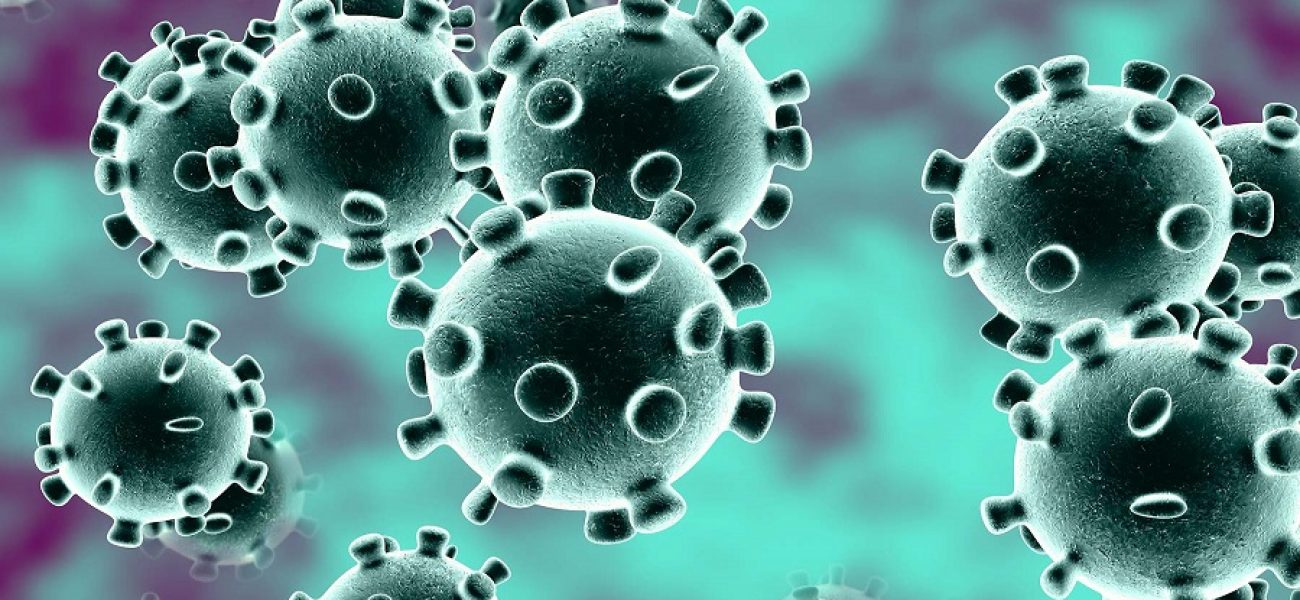On Thursday, July 8, the Nigeria Centre for Disease Control (NCDC) announced that it detected the first case of the deadly and highly transmissible Delta variant of COVID-19 in a traveller who arrived in Nigeria. A few days later, another case of the strain was detected in Oyo State. The Delta variant, which is among several identified variants of the corona virus, originated in India and has been detected in over 90 countries. People infected by this variant are said to be asymptomatic, thereby increasing the chances of transmission, as carriers may not know that they are infected. The severity of infection is described as high, with possible fatal outcome. The NCDC therefore, urged Nigerians to ensure adherence to public health protocols and social measures to prevent spread of the virus.
In another development, the Lagos State government, on Sunday, July 11, announced that the State may be slipping into a potential third wave of COVID-19 pandemic. Lagos State had 175 cases out of a total of 186 COVID-19 cases recorded by the NCDC on Friday, July 9. The following day, Lagos accounted for 94 out of a total of 98 COVID-19 cases. The rate of COVID-19 infections in the State increased from 1.1% at the end of June, to 6.6% at the beginning of July, with occupancy rate of isolation centres rising from 1% to 6%.
Executive Director of the National Primary Healthcare Development Agency (NPHCDA), Faisal Shuaib on Tuesday, July 13, announced that Nigeria expects to receive 3,930,910 does of the Pfizer/Bio-N Tech COVID-19 vaccine donated by the United States, from the COVAX facility in August, while 3,924,000 doses of the Oxford/AstraZeneca COVID-19 vaccine will be received by the end of July or early August also from the COVAX facility. In addition, Nigeria will take delivery of another 3,577,860 doses in the third quarter of 2021 from the COVAX facility. By the end of September, the country expects to receive 29,850,000 doses of the Johnson & Johnson COVID-19 vaccine from the African Union Commission. Shuaib assured that the NPHCDA had acquired the necessary storage facilities for the vaccines. He further noted that persons aged 18 and above are eligible for vaccination, including pregnant and lactating women.
As countries around the world grapple to create a balance between allowing personal and business activities to carry on while maintaining necessary health precautions, the impact of approved COVID-19 vaccines on the Delta variant of the coronavirus is still under investigation.

